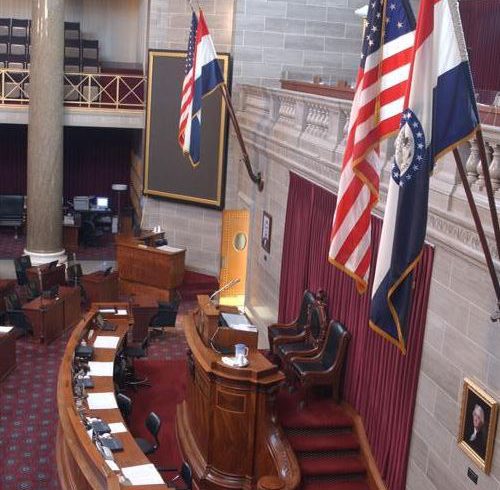
HOW DOES THE LAW REGULATE MASS LAYOFFS AND PLANT CLOSINGS?
Recently, the Commerce Department disclosed the most devastating three-month collapse of the U.S. economy ever. In the second quarter of 2020, the gross domestic product fell by 9.5%. The effects of the coronavirus pandemic reached throughout the economy. Consumers cut their spending. Businesses reduced their…









